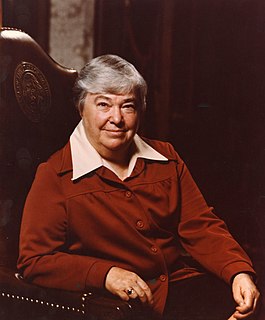A Quote by Ayad Akhtar
I don't have an ideal reader. I'm trying to reach something simple and, I believe, universal, in every single person.
Related Quotes
Faith is precisely the paradox that the single individual as the single individual is higher than the universal, is justified before it, not as inferior to it but superior - yet in such a way, please note, that it is the single individual who, after being subordinate as the single individual to the universal, now by means of the universal becomes the single individual who as the single individual is superior, that the single individual as the single individual stands in an absolute relation to the absolute.
You are the only person I know who has the same attitude towards physics as I have: belief in the comprehension of reality through something basically simple and unified... It seems hard to sneak a look at God's cards. But that He plays dice and uses 'telepathic' methods... is something that I cannot believe for a single moment.
The book is finished by the reader. A good novel should invite the reader in and let the reader participate in the creative experience and bring their own life experiences to it, interpret with their own individual life experiences. Every reader gets something different from a book and every reader, in a sense, completes it in a different way.
You are talking to a leftist. I believe in the redistribution of wealth and power in the world. I believe in universal hospital care for everyone. I believe that we should not have a single homeless person in the richest country in the world. And I believe that we should not have a C.I.A. that goes around overwhelming governments and assassinating political leaders, working for tight oligarchies around the world to protect the tight oligarchy here at home.
As a reader, when the writer gets sentimental, you drift, because there's something fishy going on there. You recognize a moment that's largely about the writer and the writer's own need to believe in something that might not in fact exist. As a reader, you think, 'Where did the story go? Where did the person I'm reading about go?'







































